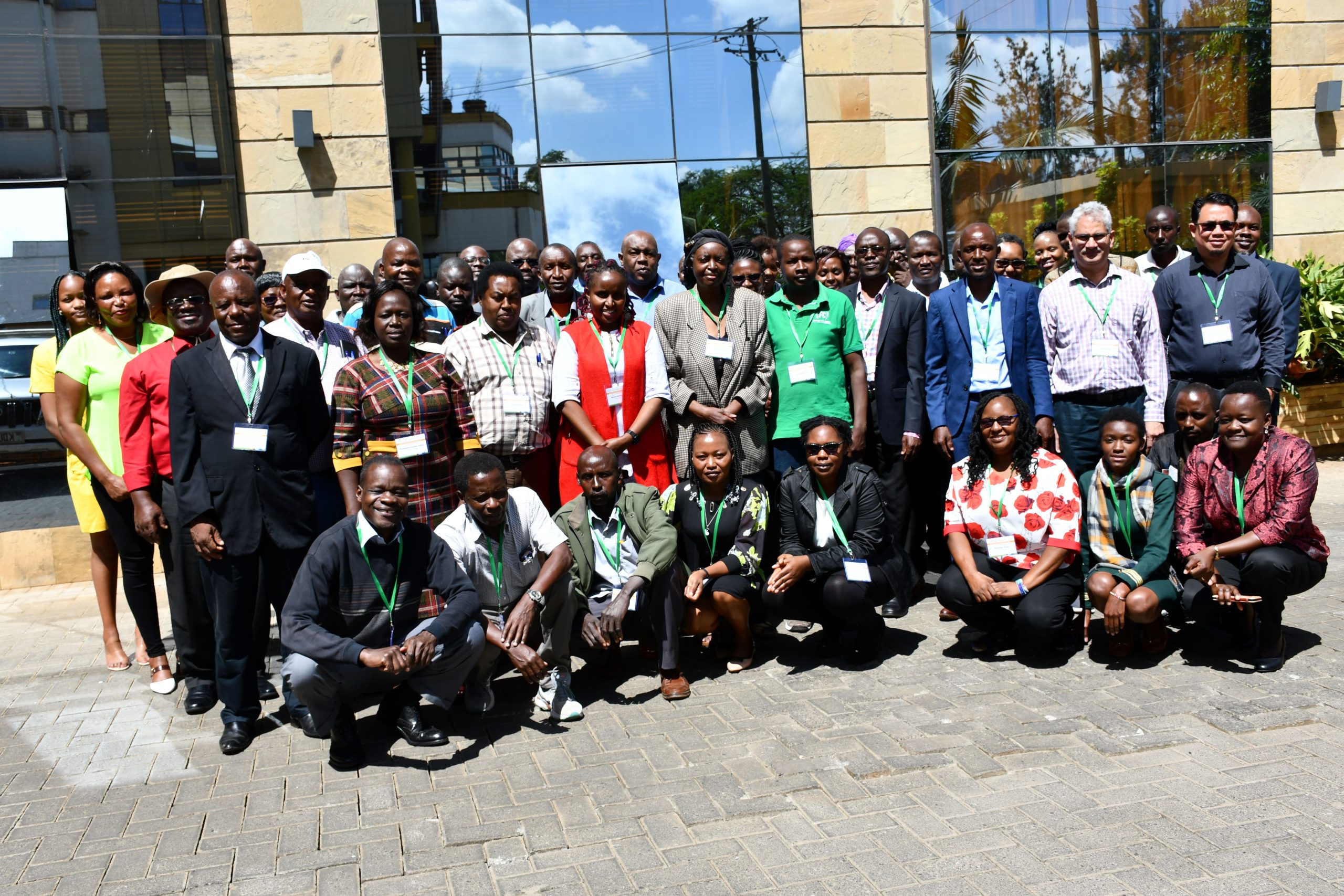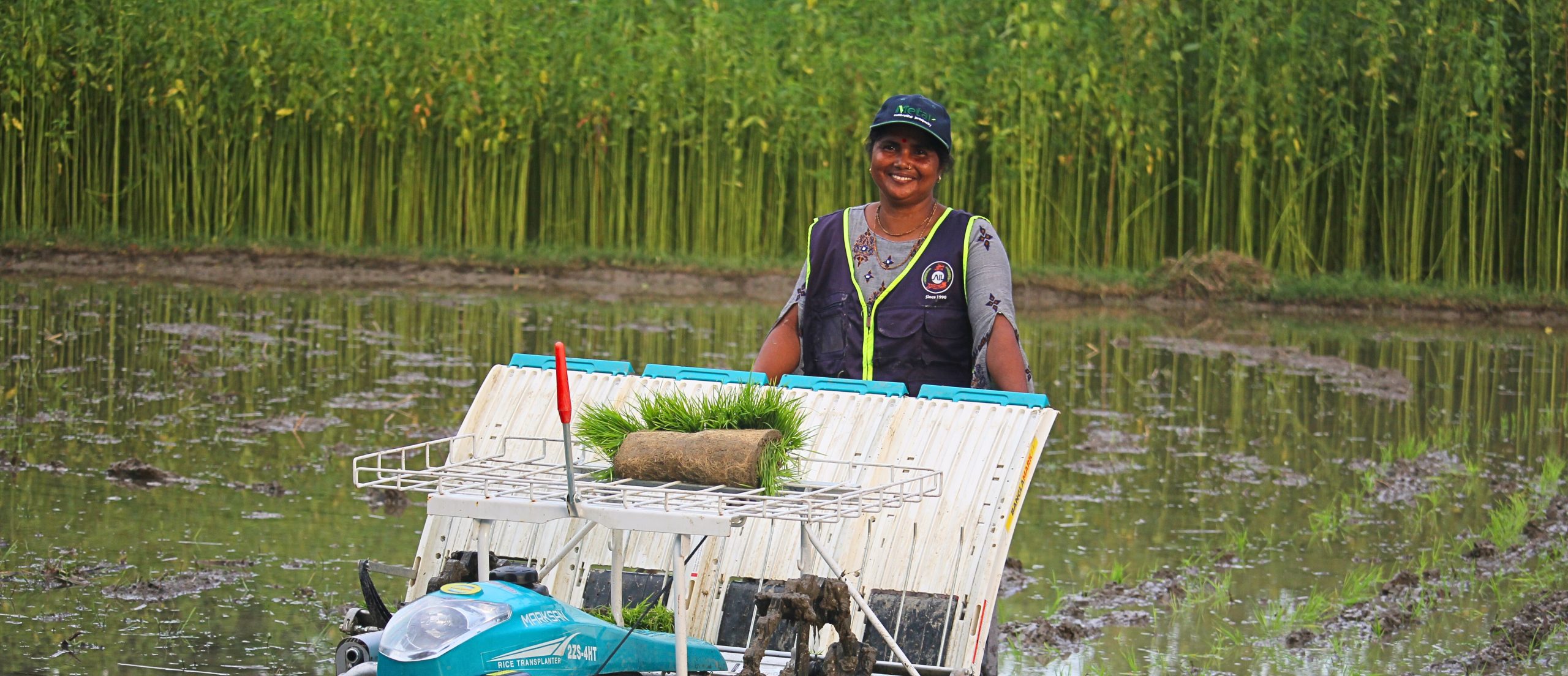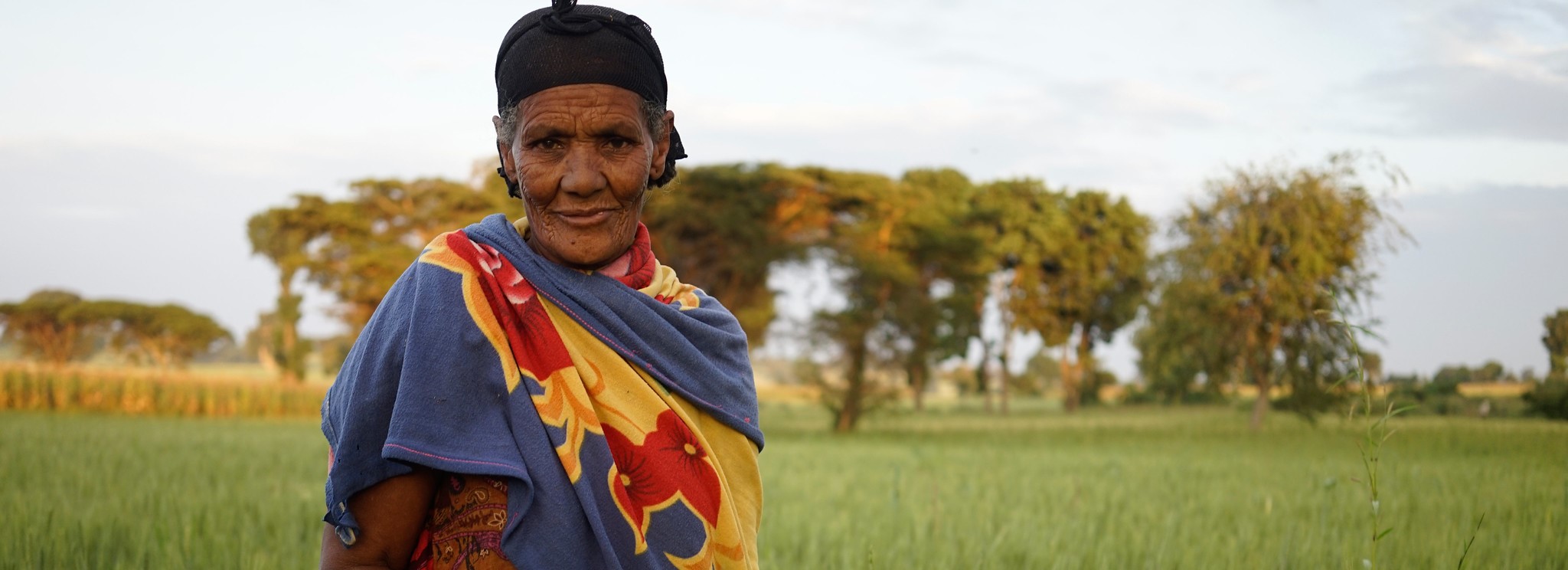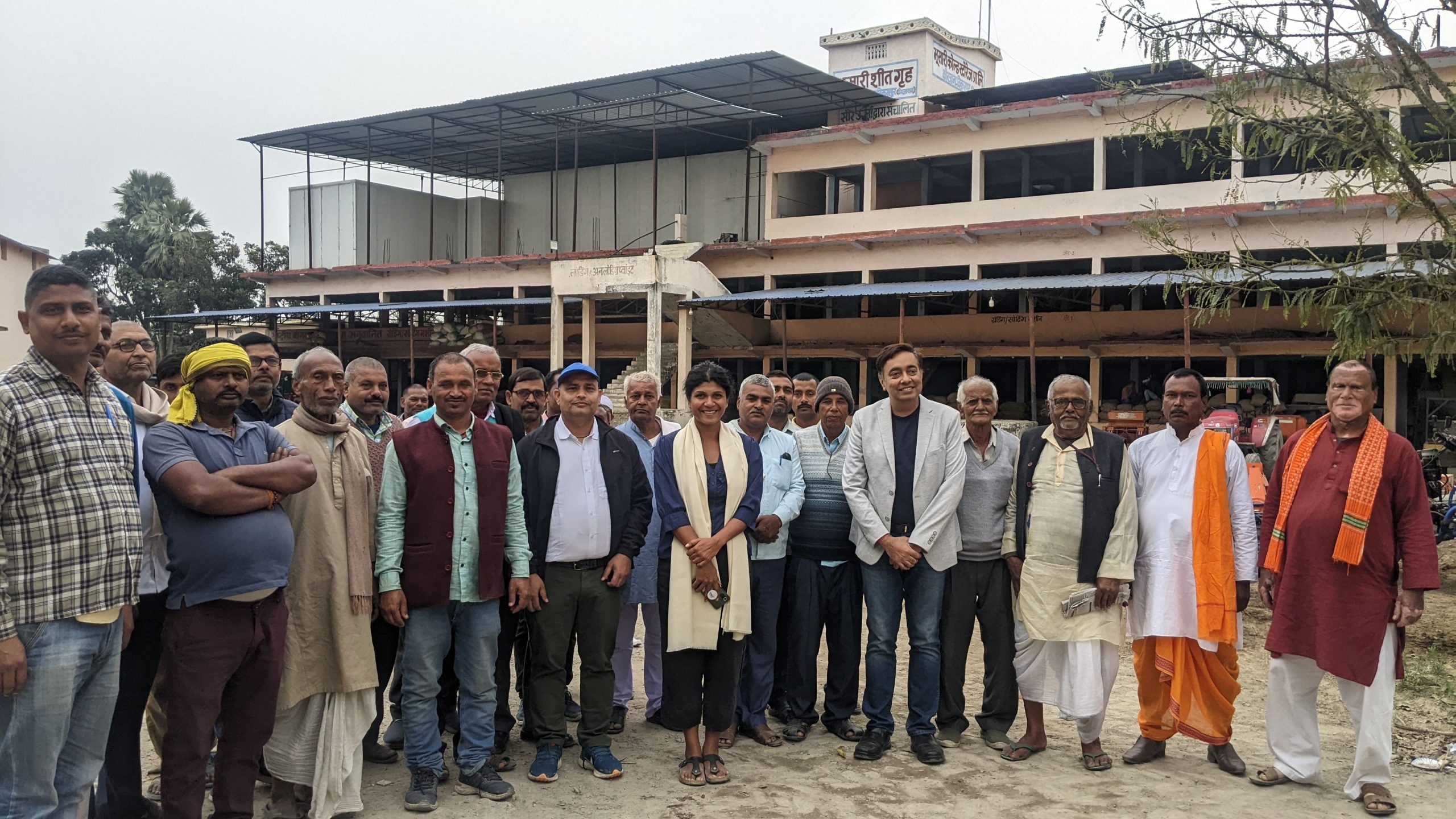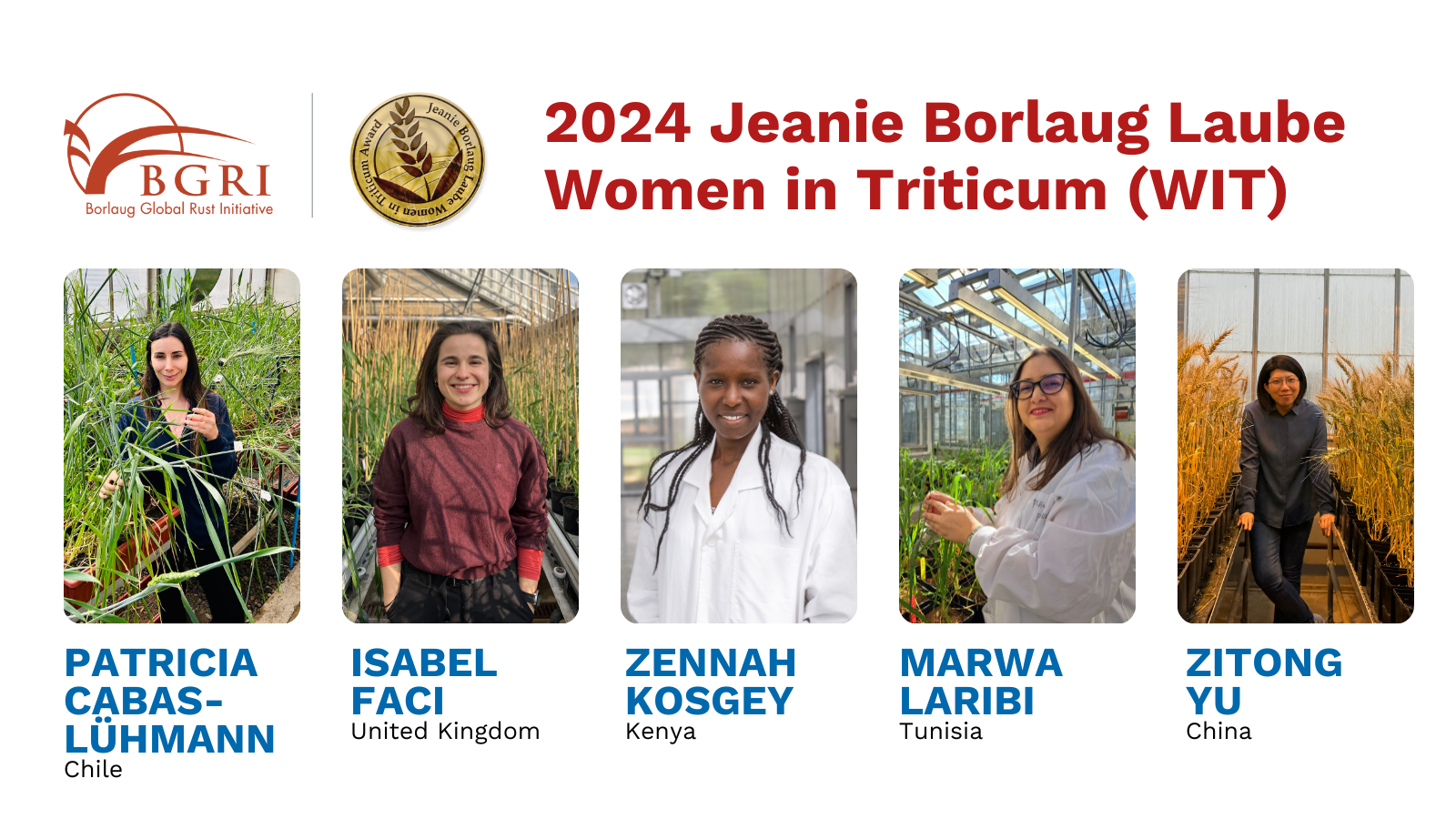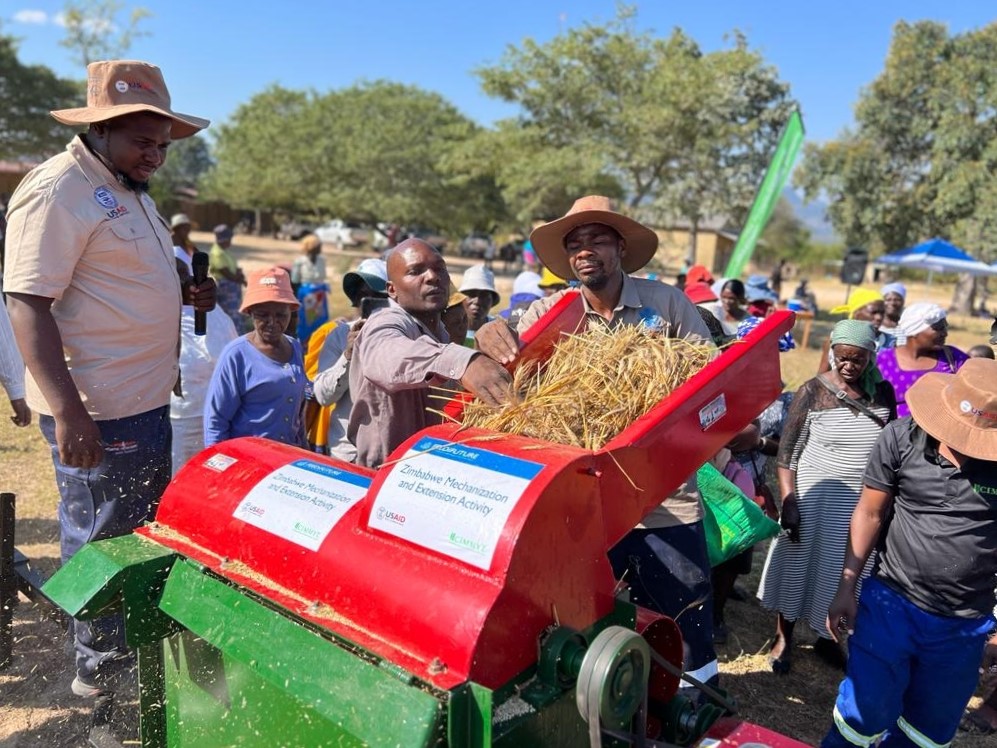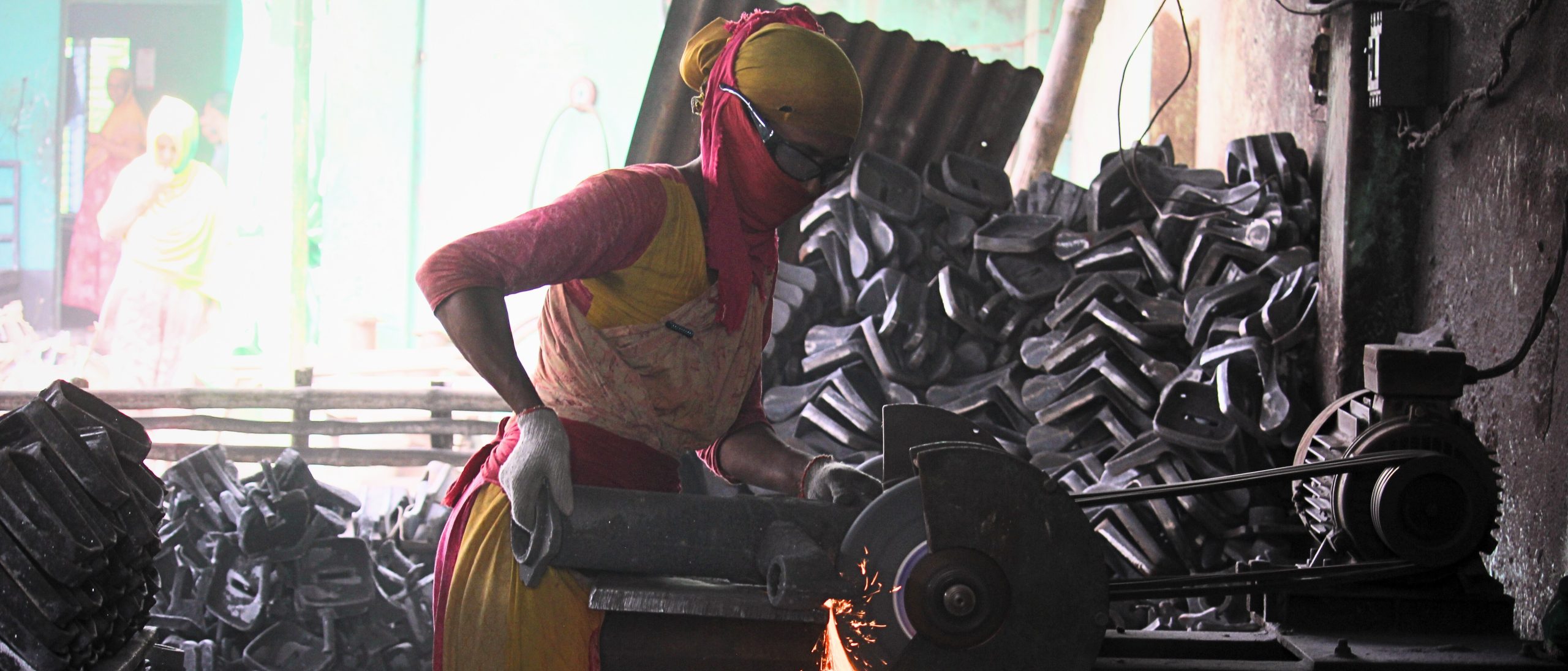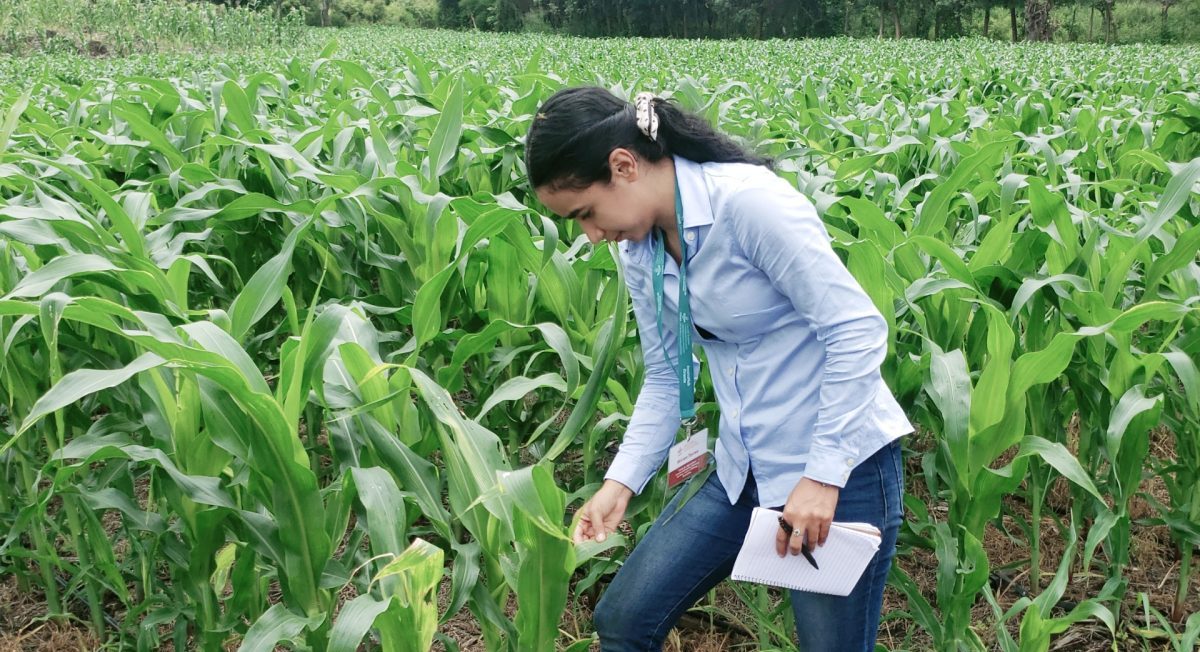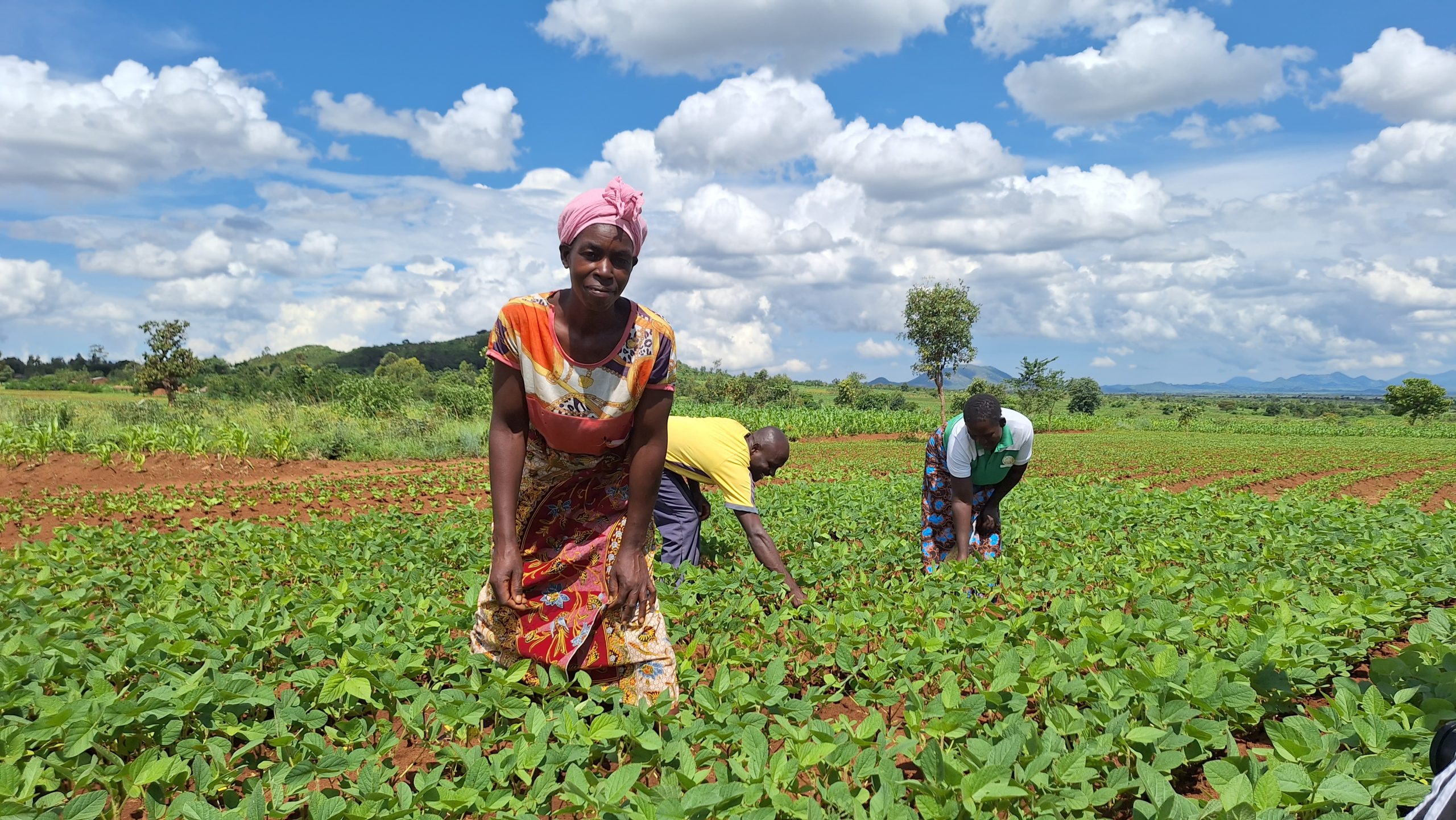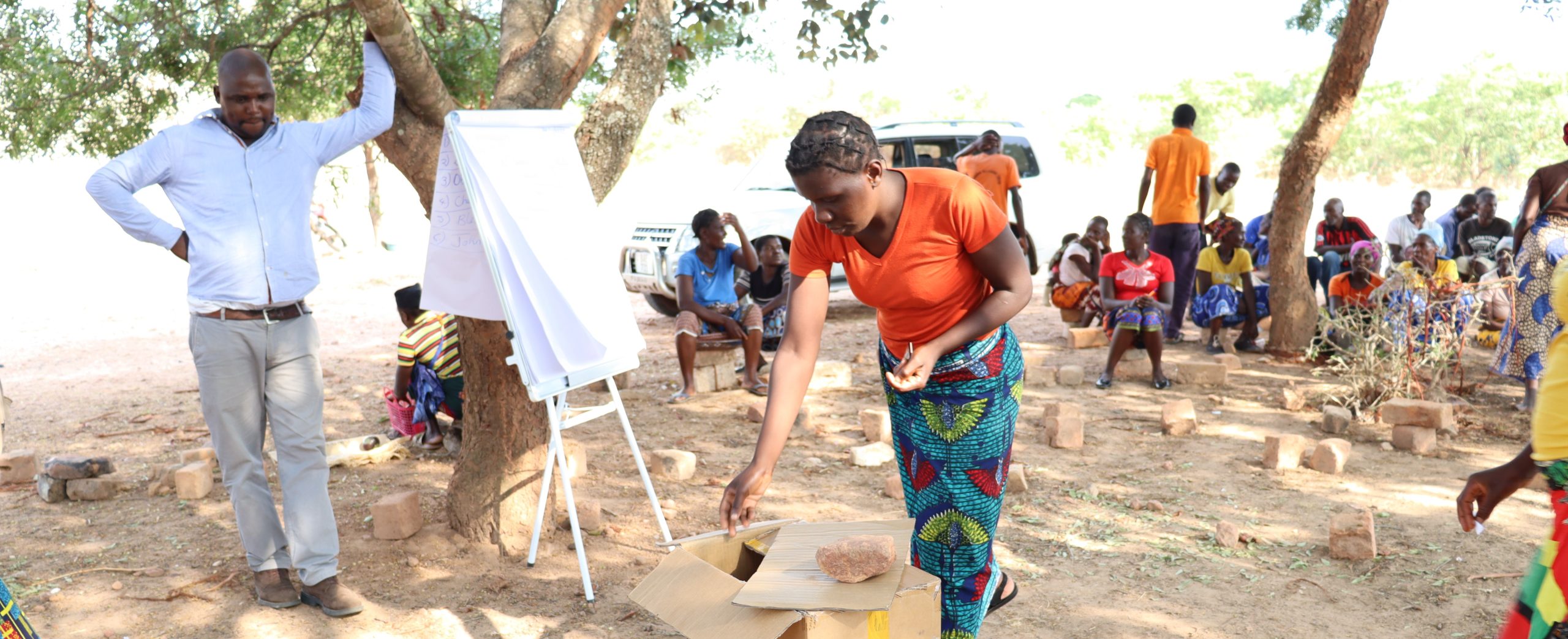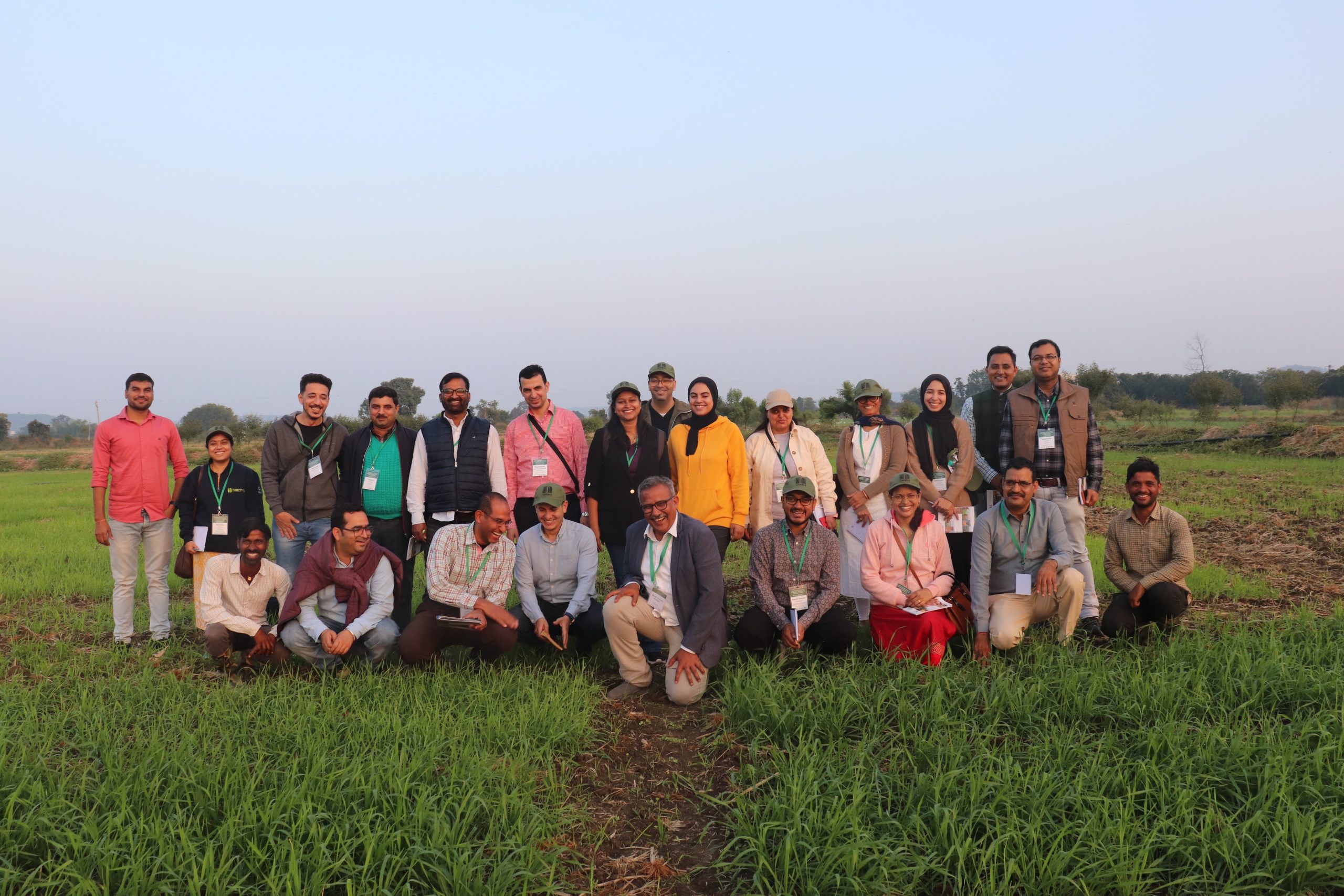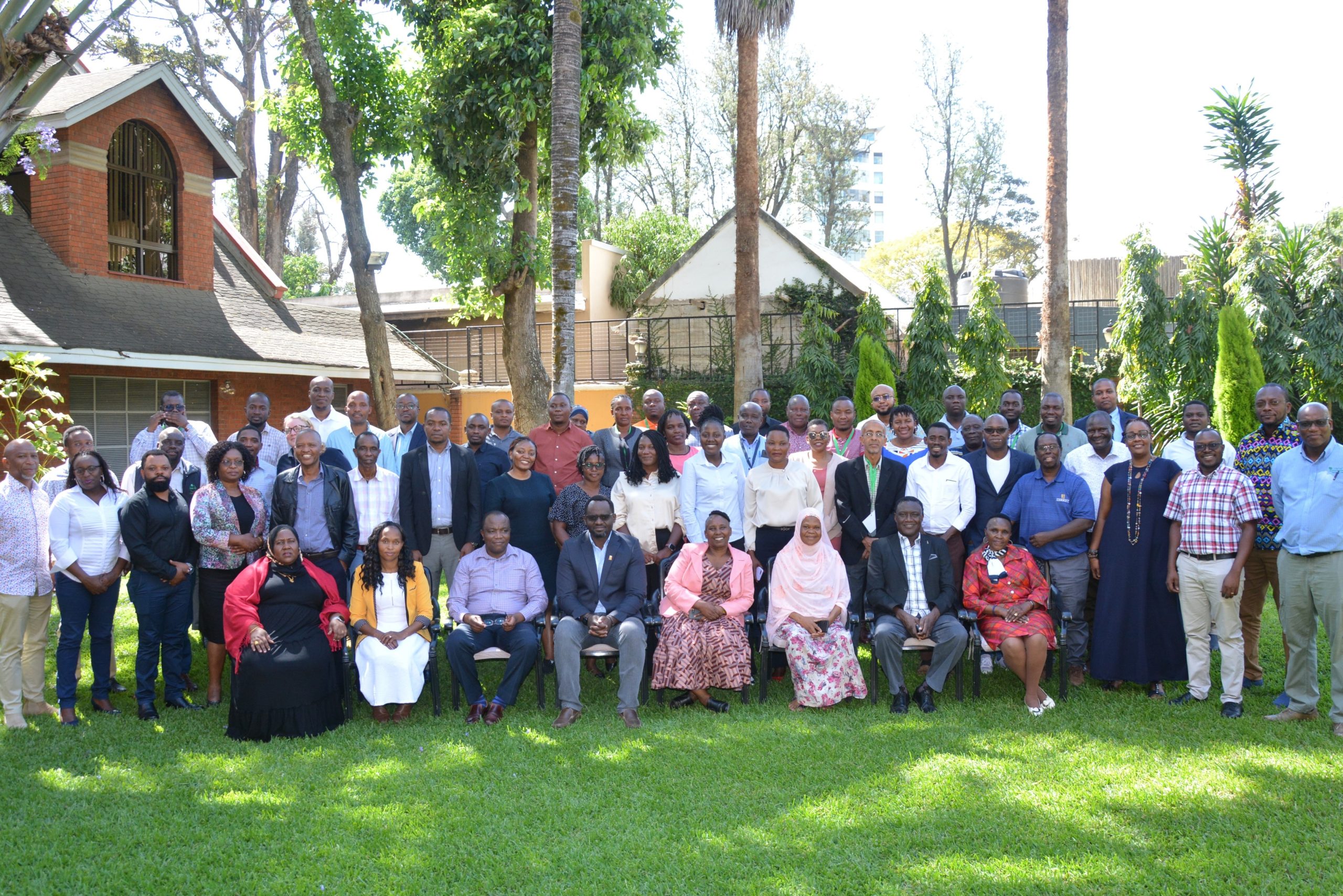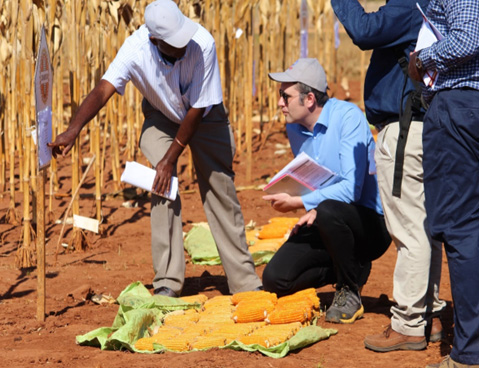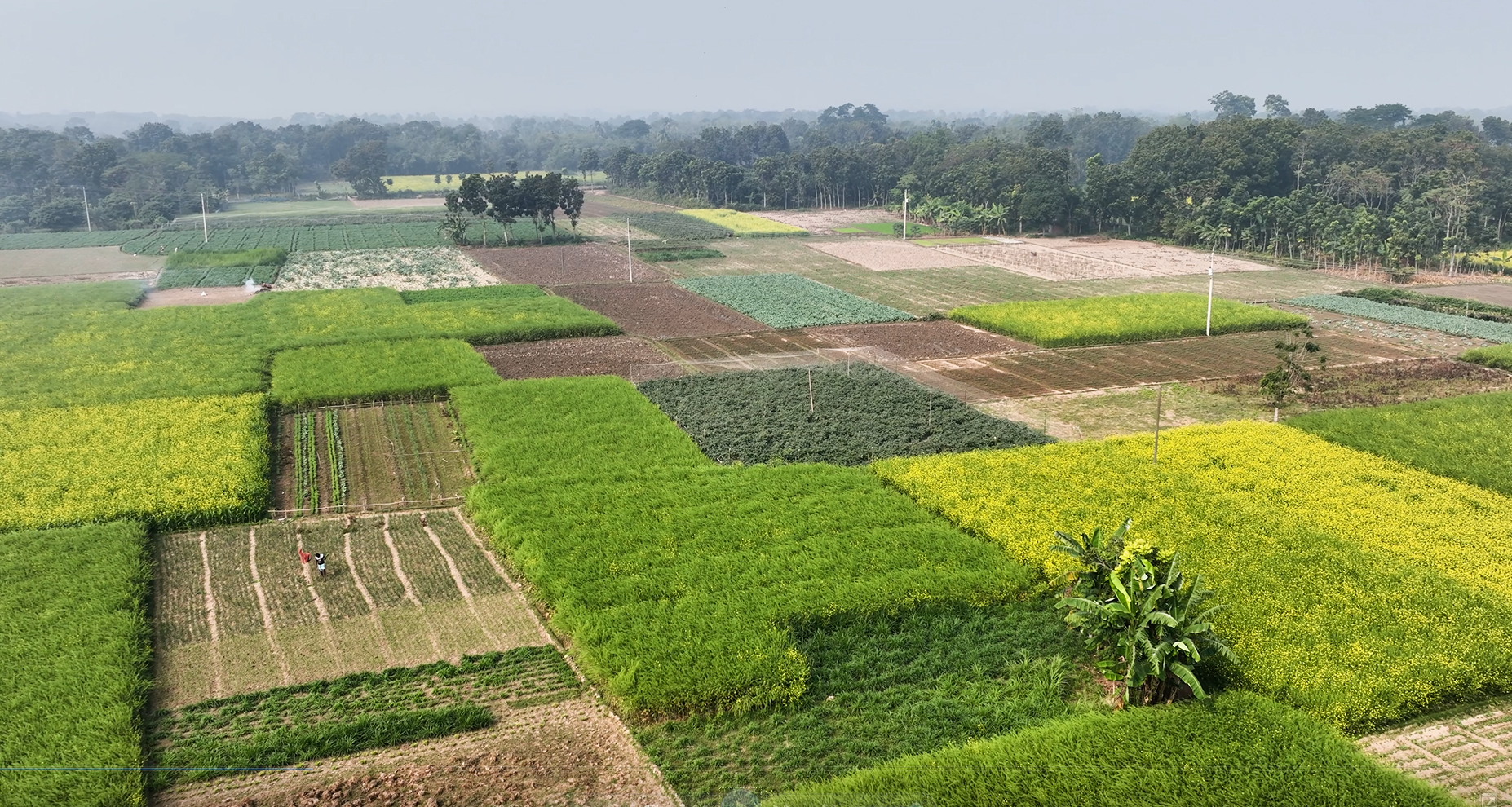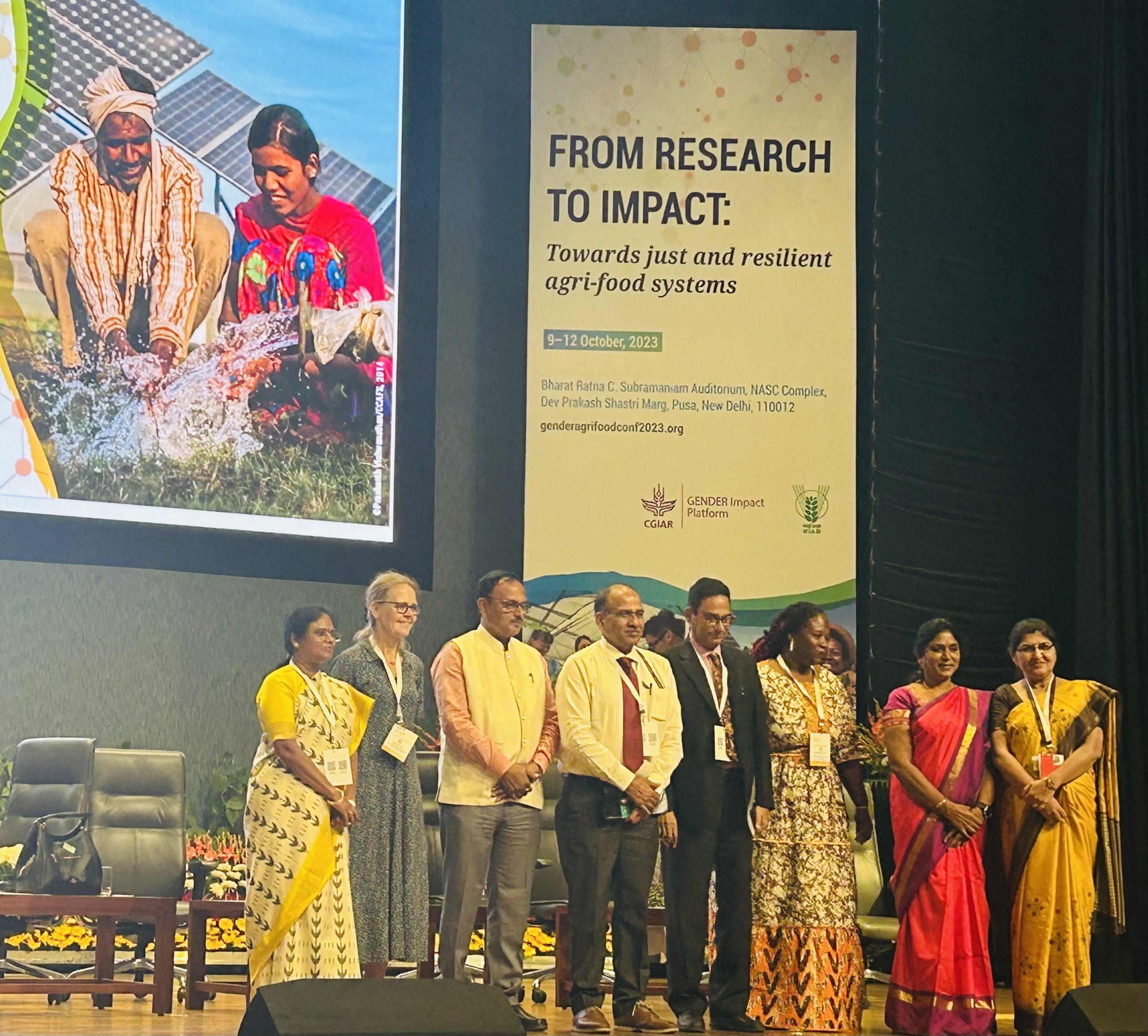Poverty reduction, livelihoods and jobs
Collaboration across the seed system value chain
 Climate adaptation and mitigation
Climate adaptation and mitigation
Stakeholders call for a holistic approach to managing Kenya’s dryland crop seed system for sustainability and food security.
A community leader in Baliakandi inspires women empowerment in agriculture: Promila Rani Mondol
 Capacity development
Capacity development
Promila’s story as a successful machinery solution provider, with support from CSISA-MEA, is encouraging more women in her community to venture into farming and seedling raising services.
Bargaining for Better: How gender roles in household decision-making can impact crop disease resilience
 Gender equality, youth and social inclusion
Gender equality, youth and social inclusion
A study by CIMMYT found a positive association between women’s role in household decisions concerning crop production and the adoption and turnover of rust-resistant wheat varieties.
A marine engineer embarks on making life easier for farmers in his native village, by establishing a one-stop shop agri-business center
 Capacity development
Capacity development
The Bhusari Cold Storage in Begusarai, Bihar, has helped build the capacity of over 25,000 smallholder farmers through improved access to farming resources, advanced technologies, and advisories on climate-resilient agri-practices and allied services.
Borlaug Global Rust Initiative announces 2024 Women in Triticum (WIT) awardees
 Capacity development
Capacity development
The 2024 Women in Triticum Early Career Awards recognize early-career scientists for their advancements in wheat research and food security.
No Stones, No Grit! A game-changing technology to process small grain introduced in Zimbabwe
 Capacity development
Capacity development
A locally made, affordable multi-crop thresher offers a convenient post-harvest processing option for smallholder farmers.
Breaking ground and redefining roles in the agri engineering sector: Anjuara Begum
 Capacity development
Capacity development
Anjuara’s journey from a widowed mother to a successful grinding operator is an inspiring story of resilience. CSISA–MEA’s light engineering training for women has not only transformed Anjuara’s life but also prompted a paradigm shift in the perception of women’s capabilities in traditionally male-dominated roles.
Empowering communities through sustainable agriculture
 Capacity development
Capacity development
For young Mirian, an agent of change, being part of the Honduran InnovaHub Oriente has allowed her to make agricultural innovations a means to empower her generation and women.
Women farmers turn the tide on soybean production
 Gender equality, youth and social inclusion
Gender equality, youth and social inclusion
In Mozambique, women spearhead efforts to enhance soybean yields with improved agronomic practices, yielding community-wide benefits.
Reaching farmers in Zambia
 Capacity development
Capacity development
AID-I conducted a community sensitization to connect Zambian farmers with existing mobile networks that provide agricultural and climate data.
Advanced training on conservation agriculture focuses on creating sustainable agronomic systems
 Capacity development
Capacity development
During the two-week training, jointly conducted by CIMMYT-BISA-ICAR, participants learned about innovative and cutting-edge research in conservation agriculture, visited industry, and interacted with farmers for first-hand impact.
Enhancing partnerships for agricultural development
 Capacity development
Capacity development
AID-I Tanzania partners make plans to step up activity implementation, achieve wider impact, and build resilience for larger populations in 2024.
Strengthening seed systems with Zamseed
 Capacity development
Capacity development
To improve food security in Zambia and Tanzania, CIMMYT and Zamseed join forces to strengthen maize resilience.
Sowing seeds of change: CIMMYT leads crop diversification efforts in South Asia
 Capacity development
Capacity development
CIMMYT is leading South Asia’s crop diversification efforts with projects such as TAFSSA and RUPANTAR, focusing on evidence-based policies and robust support to smallholder farmers.
Planting seeds for bringing youth into agriculture
 Capacity development
Capacity development
Academia, government and industry each have a role in attracting youth to careers in agriculture in India.
